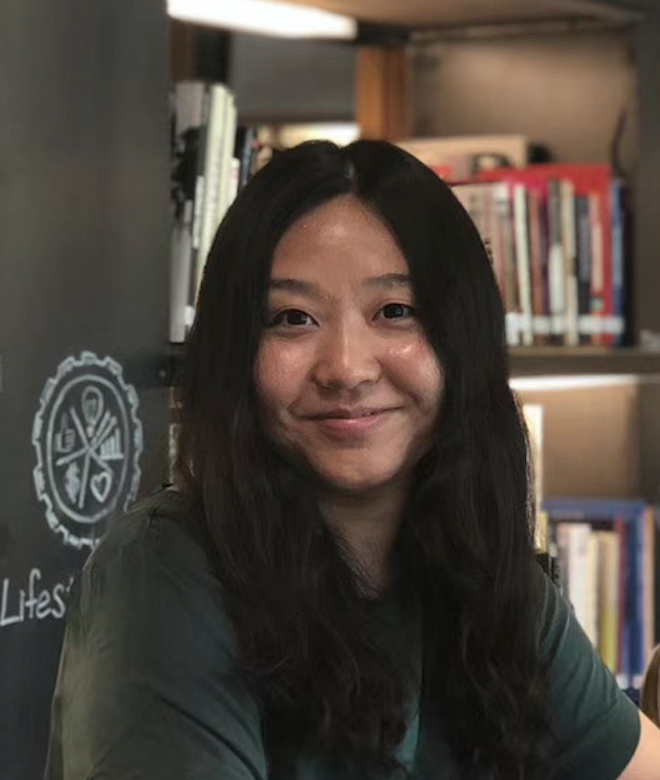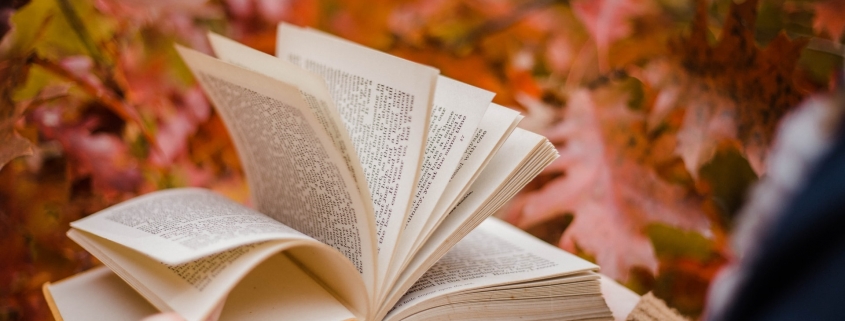Library: The best place for growth
Huiqing Yolanda Xu,
Librarian, Wuhan Globe School, China
Rousseau, the Enlightenment thinker, has an incisive view on education:Education is growing up. Rousseau thought that education is a natural growth process of human innate instinct, education should obey the eternal rules of nature, and adapt to the natural development of children. Dewey, a famous American pragmatist educator, believed that growth is the continuous development of innate instinct. That growth has its own rules, and the purpose of education lies in continuous and full growth. I think so, too. Human growth is internal and active growth. What education should do is not to force knowledge into people. It should instead provide a good environment and stimulate people’s innate growth ability to make for the best state. Children should be respected in the process of growing up, separate from passive or repressed states.
Let education conform to the needs of children’s psychological development level and interest. But respect is not an indulgence, and laissez-faire is negative, which is not “growth”. In short, education cannot ignore and suppress the internal forces of children’s growth. Mr. Zhou Guoping, a well-known contemporary Chinese scholar, writer and philosophical researcher, mentioned that intellectual education is to develop the ability of curiosity and rational thinking, rather than instilling knowledge; moral education should encourage lofty spiritual pursuit, not instil norms; Aesthetic education is to cultivate rich souls, not to instil skills. But growth should not set an external purpose. Growth itself is the purpose, otherwise, it will lose the value of growth. On the contrary, it will suppress growth.
Rousseau also has a point that many people don’t understand: The most important principle of education is not to cherish time, to waste time. Education is growing up. If so, then education shoulders the responsibility of providing a good environment for growth. Free time is essential to a good environment because children need plenty of time to experience and meditate. Rousseau once said: “Time lost by misuse is greater than time lost by waste,children who are wrongly educated are farther away from wisdom than those who are uneducated.” Therefore I believe we should leave enough space for children to have free time. The essence of achievement education: “all education is self-education”,especially in mental ability.
In view of the above ideas, the role of school libraries is highlighted. School libraries can provide abundant nutrients and space for free growth and self-education. It can make children’s leisure full of spiritual enjoyment. Children can talk with sages at any time from any country, and they can swim freely in the long river of art while watching the metamorphosis of history.
Based on the above description, school libraries can play the role of buffer and balance in various educational systems, in order to counteract the internal forces of different education systems. The school library should be the cultural learning centre of the campus, to cultivate students’ reading and information literacy, to cultivate their love of reading, to cultivate the habit and will of lifelong self-education. Alongside this, the school library should support the teaching of various subjects on the basis of the characteristics and objectives of school education, serving the whole community including teachers, students and parents. If the school gives the library enough attention and freedom, then the unparalleled advantage of the library can become the balanced force to make up for any lack of school education.
Under the examination-oriented education system, students can use the library to care for their spirituality and freedom. Under the international education system, students can use the library to build a more complete knowledge system suitable for the depth and breadth of personal level. In all kinds of characteristic education mode, the use of a library can highlight the characteristics but also can supplement the knowledge structure beyond the characteristics. In a tense learning atmosphere, the library can become a habitat for students to relax. In a relaxed learning atmosphere, the library can provide challenges and moderate stress. Libraries can also break through the barriers between disciplines and become the fusogen of the big education system.
By paying attention to the school library, and giving enough support, space, free growth and self-education to students, schools will provide more protection, naturally open the students’ ideals, hope and will, make them unlimited in their imagination and innovation, free to explore the beauty of the world. Based on this positioning, library education will be in a new plane, bringing students more enjoyment and experience of beauty, so as to stimulate more innovation and value of beauty. Lu Xingwei, a famous educational thinker and reformer, has three sentences to explain this:
“Education is a cause, and its significance lies in dedication. Education is science, and its value lies in seeking truth. Education is art, and its life lies in innovation.”
What do you think about the points raised in this article? We’d love to hear your feedback.

ABOUT THE AUTHOR
Huiqing Yolanda Xu is a librarian at Wuhan Globe School in China.
“I have been engaged in the education industry for 12 years. I use years of experience and comprehensive ability in the library to have a deep connection with students and teachers. I have been exploring the integration course of Library and subjects, bringing the awareness and ability of information literacy and lifelong learning to students. We are on the way to build the library into a learning centre on campus and hope to keep going.”





Leave a Reply
Want to join the discussion?Feel free to contribute!